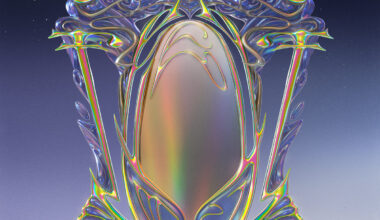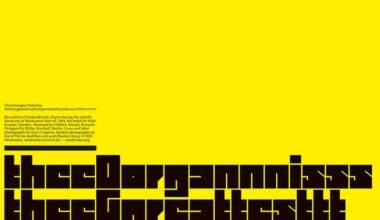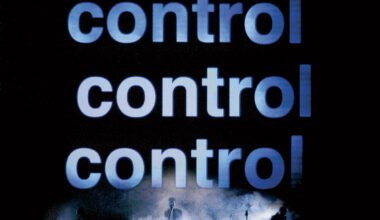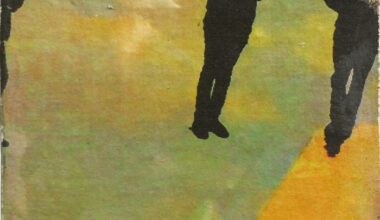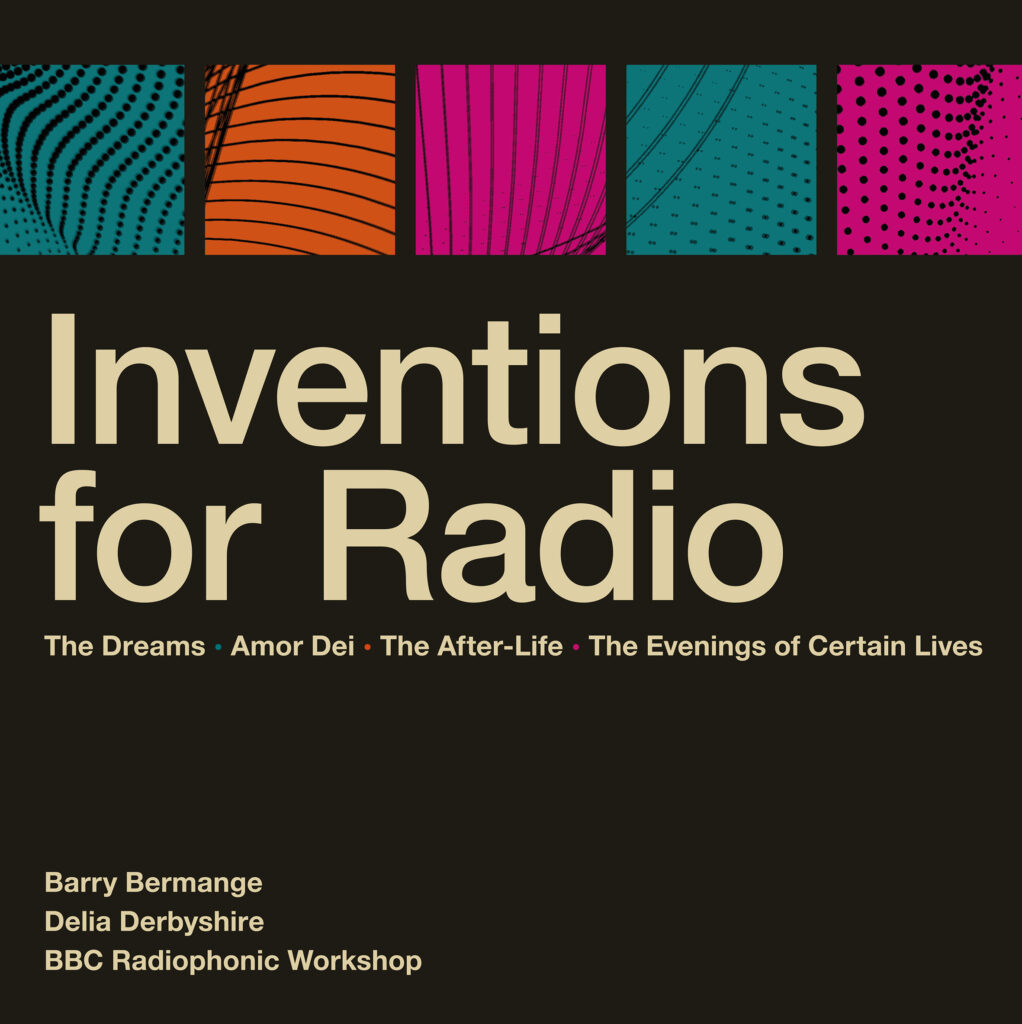
“This is an attempt to illustrate, with sounds and voices, the dream condition. All the voices were recorded from life and arranged in a setting of pure electronic sound…”
The plummy-voiced BBC announcer sums it up perfectly. In 1963, playwright Barry Bermange conducted a series of unorthodox vox pops with assorted members of the public, many of whom were users of the Hornsey Old People’s Welfare Council. The task he set them? Simply to describe the details of their nocturnal imaginings.
The resulting interviews were assembled into ‘The Dreams’, a 40-minute sound collage set to radiophonic backing by a then-uncredited Delia Derbyshire and broadcast on the BBC’s pragmatically titled Third Programme. And blimey – thanks to Derbyshire’s pioneering talent, “the dream condition” is illustrated with knobs on. And, presumably, twiddled.
“I’m being followed and pursued by something,” begins one tremulously nervous lady, as Derbyshire’s electronic heartbeat quickens. “I swam as fast as I could to get away from the crocodile, but the crocodile suddenly changed into a lion and then that changed into a tiger,” continues a younger-sounding gent.
In an impeccably assembled narrative, our collective dreamers plummet through disorientating voids before emerging into bafflingly alien landscapes. “It looks like the moon because it’s all dried up,” recounts a bemused woman, with Derbyshire’s accompaniment so redolent of her most famous TV assignment that it’s hard not to imagine a police box gently materialising at the edge of a crater.
But the journey takes a darker turn. In a “frightening and suffocating sea”, genuinely deceased family members cling onto heartbreaking vestiges of life. “I could feel this tin hat… I could see my youngest brother’s face,” says another lady. “He more or less shuddered… I thought to myself, ‘I know he’s safe, he’s alive’. I must tell my mother.” The dreams collected are a fascinating insight into the British subconscious of the 1960s, but also act as a touching reminder that our collective psyche still bore deep, emotional wounds from the trauma of two recent world wars. Derbyshire’s drone-like soundscape becomes a throbbing scar on a rainy, grief-stricken day.
Three more ‘Inventions For Radio’ – as they were titled – followed throughout 1964 and 1965. The next, ‘Amor Dei’, is an intriguing theological debate. “God is my friend, my only friend,” pleads one elderly contributor, her voice cracking with emotion. But there’s no shortage of dissent. “A social ritual for weak people who can’t think for themselves,” is the dismissive conclusion of an uncompromising mansplainer. Derbyshire’s accompaniment – uplifting electronic hymnals for the believers, a shoulder-sagging hummadruz for the cynics – feels like a reminder of her own staunchly Catholic upbringing.
‘The After-Life’, meanwhile, assembles collective expectations of the great beyond. “One is granted a vision of loved ones who have preceded us into a higher life,” insists a clearly convinced male interviewee. The nervous jangle of Derbyshire’s music feels less certain, but she surrenders to a spectral church choir as the ailing residents of Hornsea seek refuge in the green fields and clear water of the hereafter. “I know what it is to have pain and sickness,” states a frail-sounding old lady, and any cynicism suddenly feels unspeakably and unnecessarily cruel.
The final instalment, ‘The Evenings Of Certain Lives’, initially feels like a dispiriting over-extension of this theme. Here, the more elderly of Bermange’s contributors reflect on the miseries of physical ageing, detailing a litany of aching backs and failing hips. But there’s an unlikely turning point. “I was gassed during the First World War,” recalls an old boy. “That slowed me down…” It’s the opening of an affecting portal to the stolen childhoods of the early 20th century. Of frolics in Highgate Ponds, of gunfire at Ypres and crashed zeppelins, of the crepuscular duel between “a swordfish and shark” witnessed by one croaky-voiced sailor five or six decades earlier in some far-flung ocean of his youth.
Derbyshire’s contemporaries at the Radiophonic Workshop have spoken of ‘Inventions For Radio’ as her finest achievement. But it’s important not to underplay the contribution of Bermange, whose concept provides both an emotional roller-coaster and a priceless window into the mores of everyday life in the 1960s.
This first-ever commercial release, a six-disc set comprising three hours of jaw-dropping radio and a selection of isolated cues, feels indispensable. And the message throughout is consistent. Life can be painful, but – if you know where to look – it can also be filled with hope and beauty.
Above all, it’s important to take note of the sage advice offered by a spirited old gal in the final instalment.
“Never give up,” she asserts. “Try and do something… that’s my opinion of life.” Sixty years ago, Bermange and Derbyshire did something rather wonderful.

Delia Derbyshire & Barry Bermange – ‘Inventions For Radio‘ (6 CD Limited Edition boxset)
£35.00
This lavish six-CD collection brings together the entire ‘Inventions’ series. Get yours now direct from Electronic Sound

